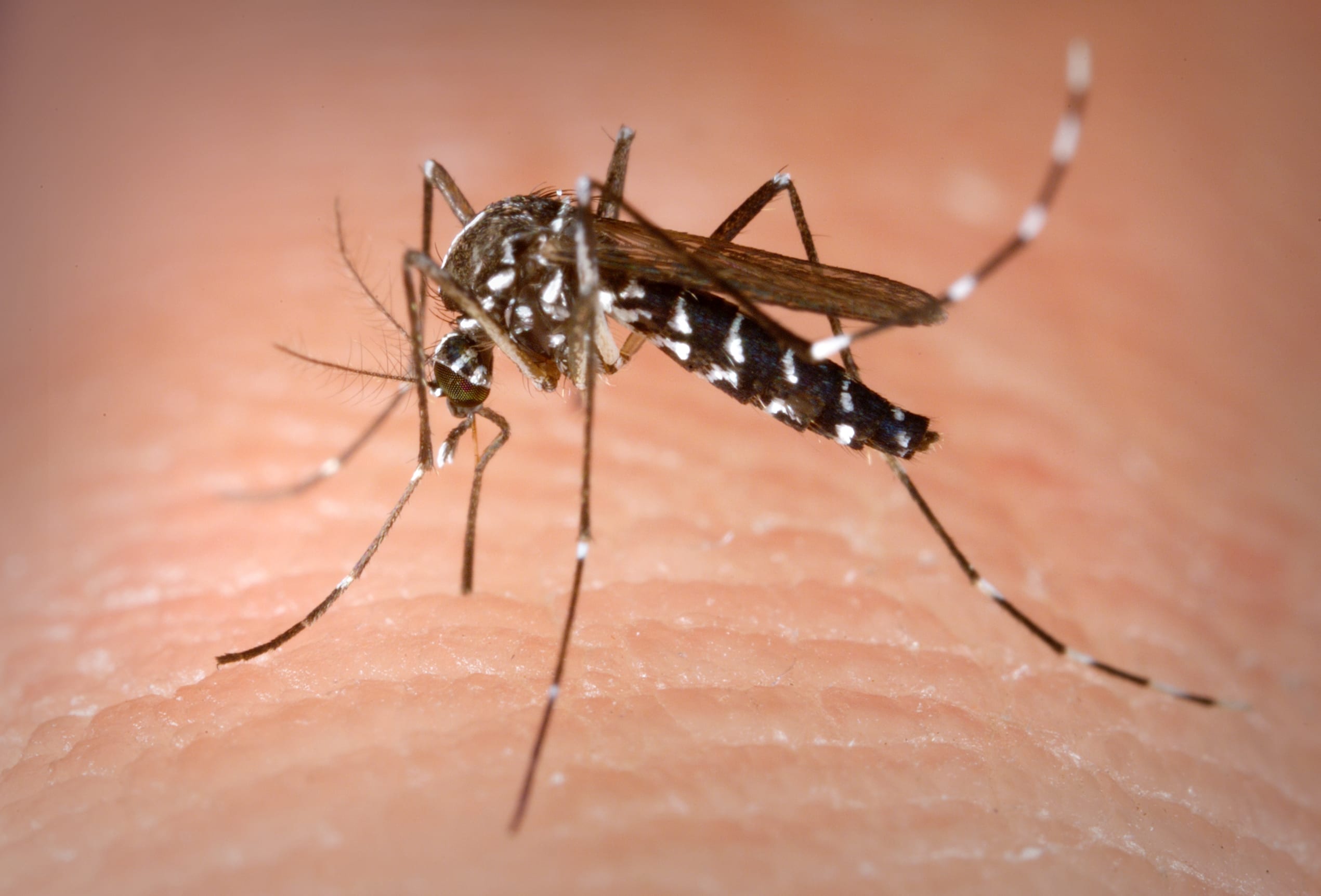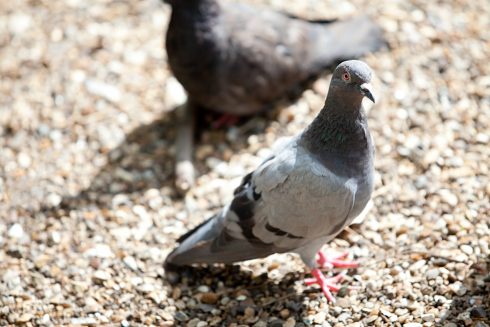MOSQUITOS have boomed in numbers thanks to a ‘perfect storm’ of wet weather in the spring, a nationwide lockdown and searing summer temperatures.
Expert Raimundo Leal has warned of three types of blood-suckers along the Costa del Sol this year; the common Culex, the tiger and the marsh mosquito.
The professor of zoology at Malaga University told Malaga Hoy that the common mosquito has probably experienced the biggest population swell.
“This is the one that gets into your home, bothers you as you try to sleep and bites in the night,” he told the local paper.
Their numbers have been aided by the wetter than usual spring which created many more areas of accumulated water. Most of these remained as the country was ordered to remain indoors and gardens were not tended to.
“Any container or space that was left with water in it allowed for the mosquitos to multiply,” added Leal.
While it can transmit diseases, none of them exist in Spain, making them nothing more than a nuisance, unless you have an allergy.
Meanwhile, the more harmful tiger mosquito has also experienced a boom in Malaga this year, and this is the one governments need to tackle, said Leal.
The lack of tending to gardens has helped the tiger soar in numbers but they were already proliferating before the coronavirus lockdown.
They began biting in late winter, much earlier than their usual arrival in spring.
Tiger mosquitos usually attack more in urban settings and are attracted to any small container carrying water, such as a flower pot.
Unlike the regular mosquito, it attacks during the day and on the street, rarely making it into the home.
It also flies lower, making your legs the most likely target.
More worryingly, they can transmit serious tropical diseases such as Zika or Dengue.
“No cases have been seen yet in Spain but these mosquitos can transmit them,” said Leal.
He advised against using insecticides as you may be inadvertently killing bees and butterflies, which are hugely important to the ecosystem.
The best cure is prevention, says Leal.
“The first thing is not to let them reproduce…make sure there are no containers of water anywhere,” he advised.
Any container with water left for seven days becomes a likely breeding ground for the pest.
Urbanisations with gardens and fountains, popular with expats, are some of the most at risk.
Meanwhile, the marsh mosquito has actually decreased in numbers this year.
They usually arrive in swarms in wet areas such as the Guadalmar or Sacaba.








